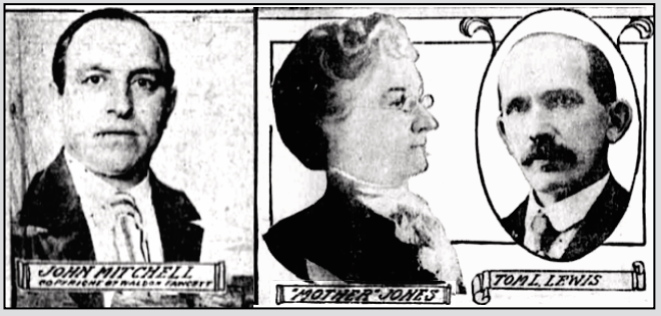 ———-
———-
Hellraisers Journal – Sunday January 15, 1911
Mother Jones News Round-Up for December 1910:
–Praised by Max Hayes and Eugene Debs for Work in Pennsylvania
From the International Socialist Review of December 1910:
THE WORLD OF LABOR
BY MAX S. HAYES.
[…..]
MOTHER JONES has been busying herself during the past few weeks in trying to bring cheer and comfort to the poor miners in the Irwin-Greensburg soft coal district of Pennsylvania [Westmoreland County], and assisting those unfortunate victims of one of the most heartless lockouts in American industrial history (as has been shown in THE REVIEW) to gain a semblance of humane working and living conditions. Mother is never so happy as when helping “the boys” in the mining fields, and, as every officer and member of the U. M. W. knows, she has gone into districts in Colorado, Alabama, West Virginia and other places where many of the bravest of men have feared to tread. She has faced injunction judges, served time in jail, lived on bread and water and has undergone a thousand hardships where others have hesitated or flunked, and never a word of complaint as to her own sufferings escape her lips. In fact she is as jolly and happy-go-lucky as a girl of sixteen and always refers to her direful experiences as humorous escapades.
Mother Jones only grows sorrowful and indignant when she discusses the fool factionalism among the miners and the sufferings endured by “the boys” and their wives and children, whom she knows and loves and for whom she has done organizing work in past campaigns. She has little patience with the penny-ante politics of this or that alleged leader who aspires for place or power, and when in a reminiscent mood she can relate some wonderful stories.

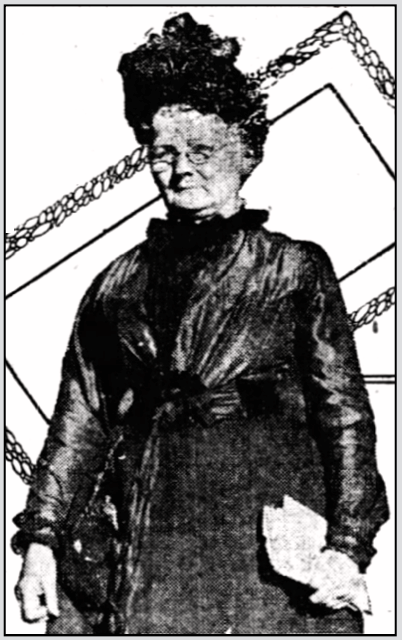
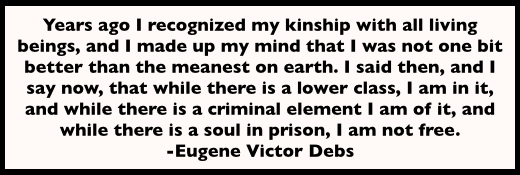
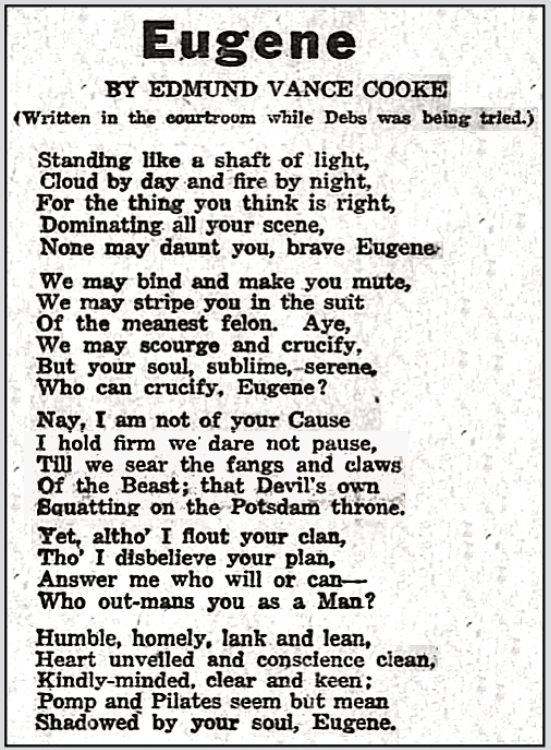
 ———-
———-
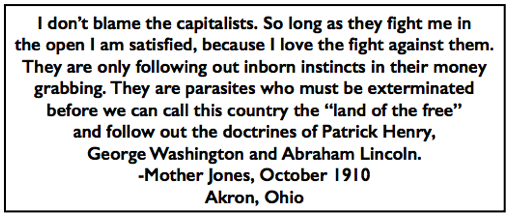 ———-
———-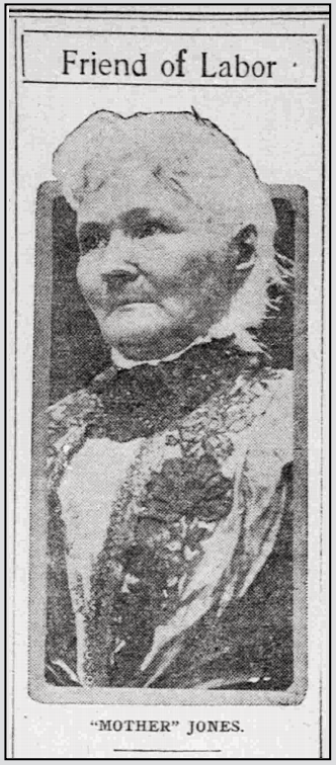
 ———-
———-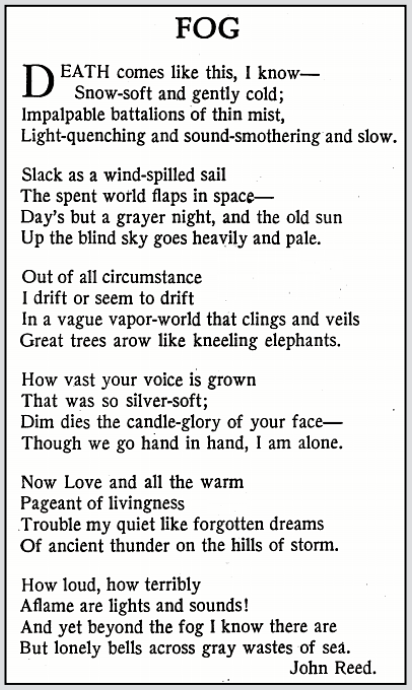
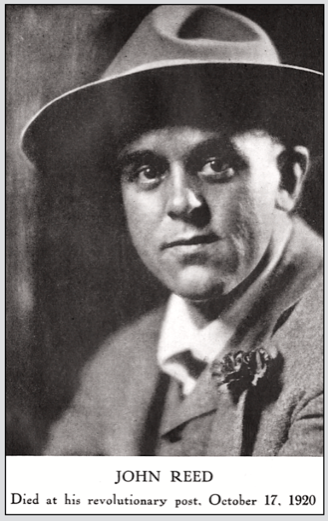
 ———-
———-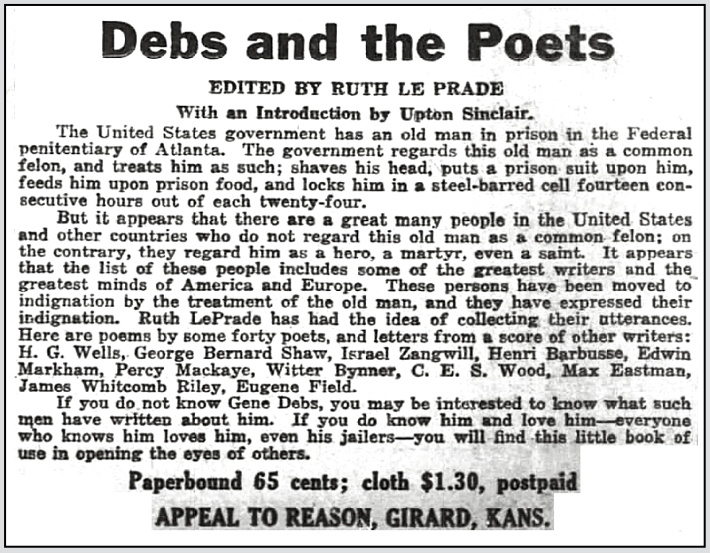
 ———-
———-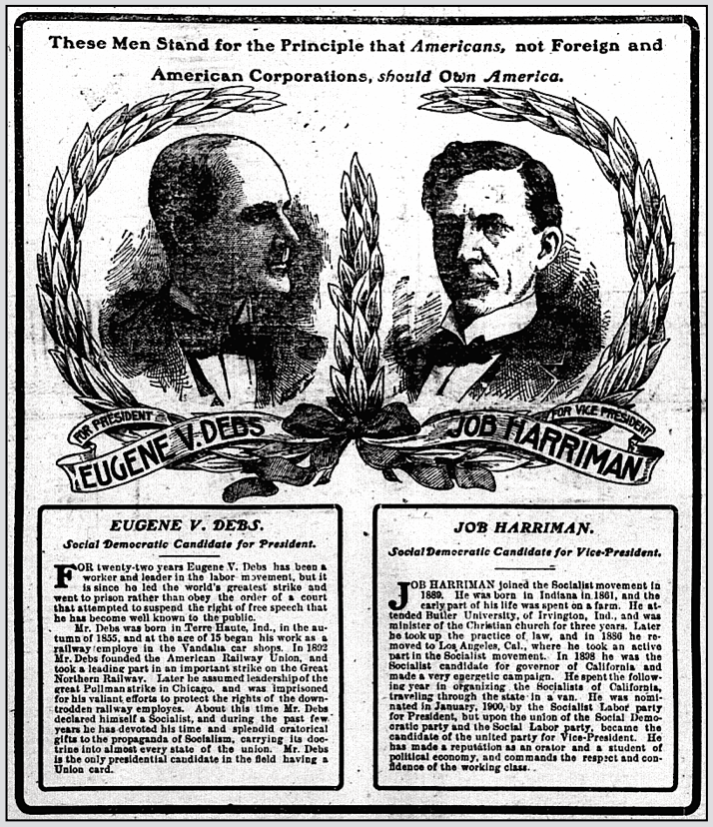
 ———-
———-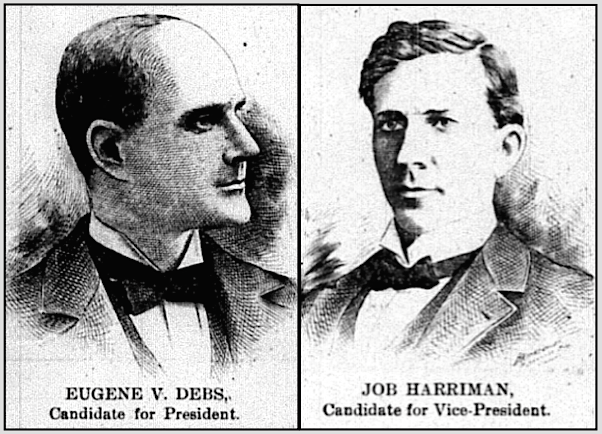
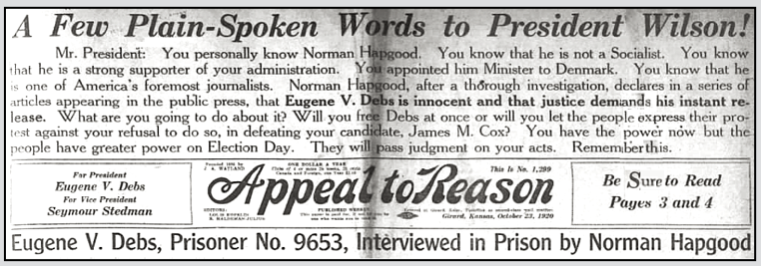
 ———-
———-